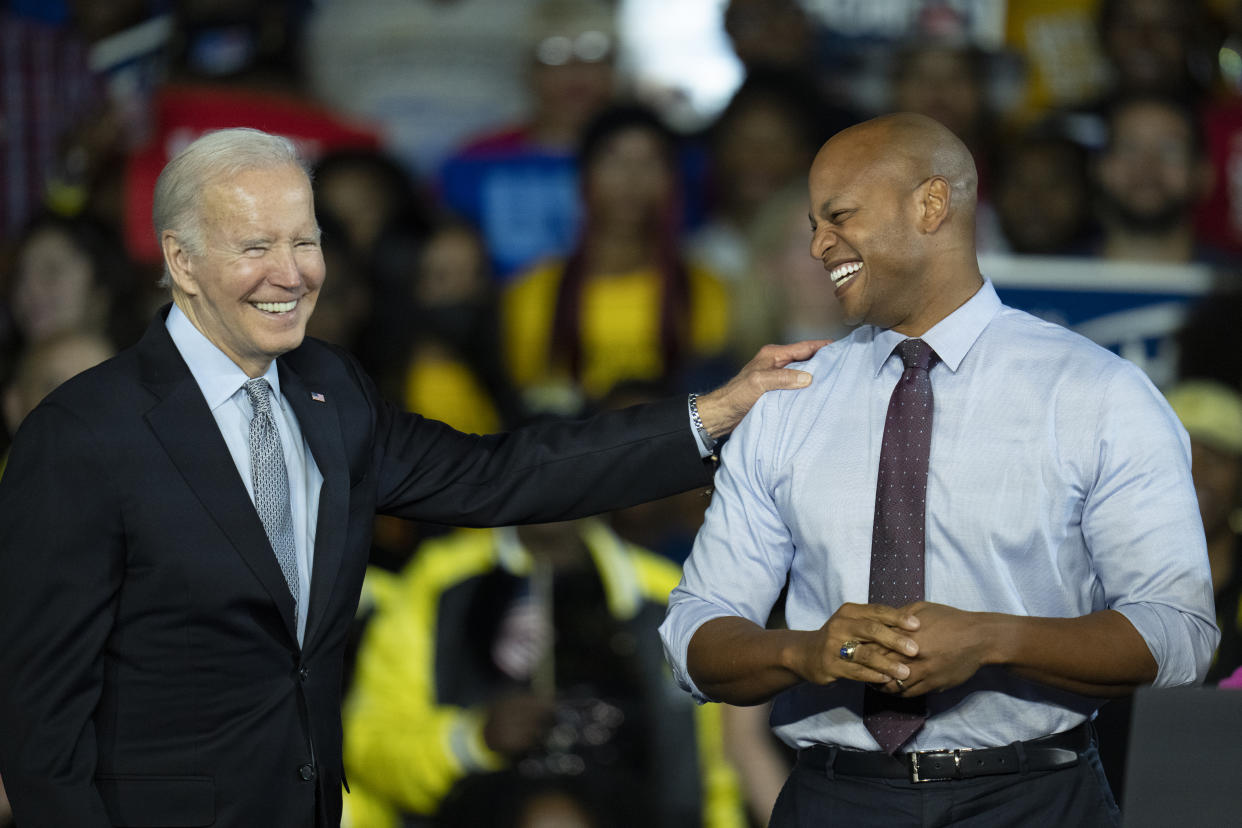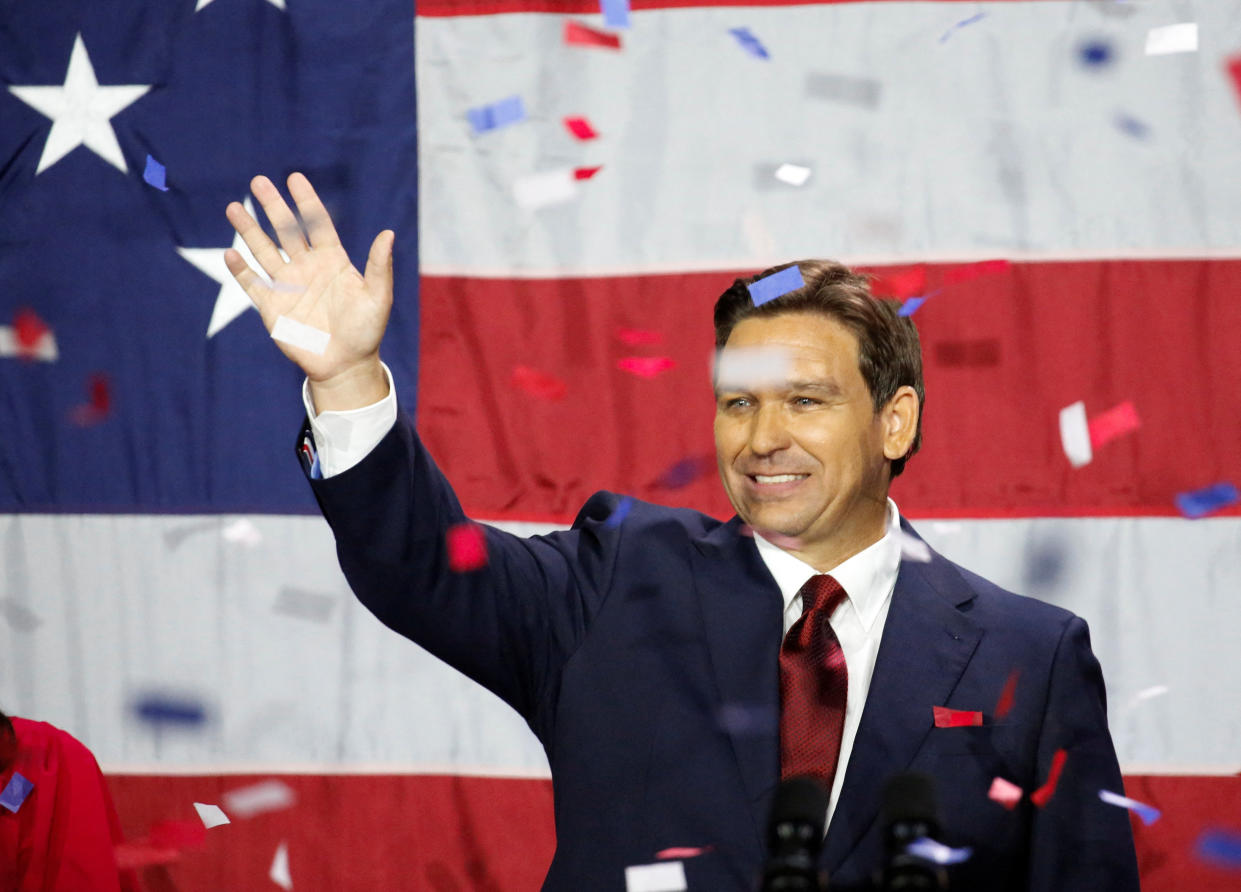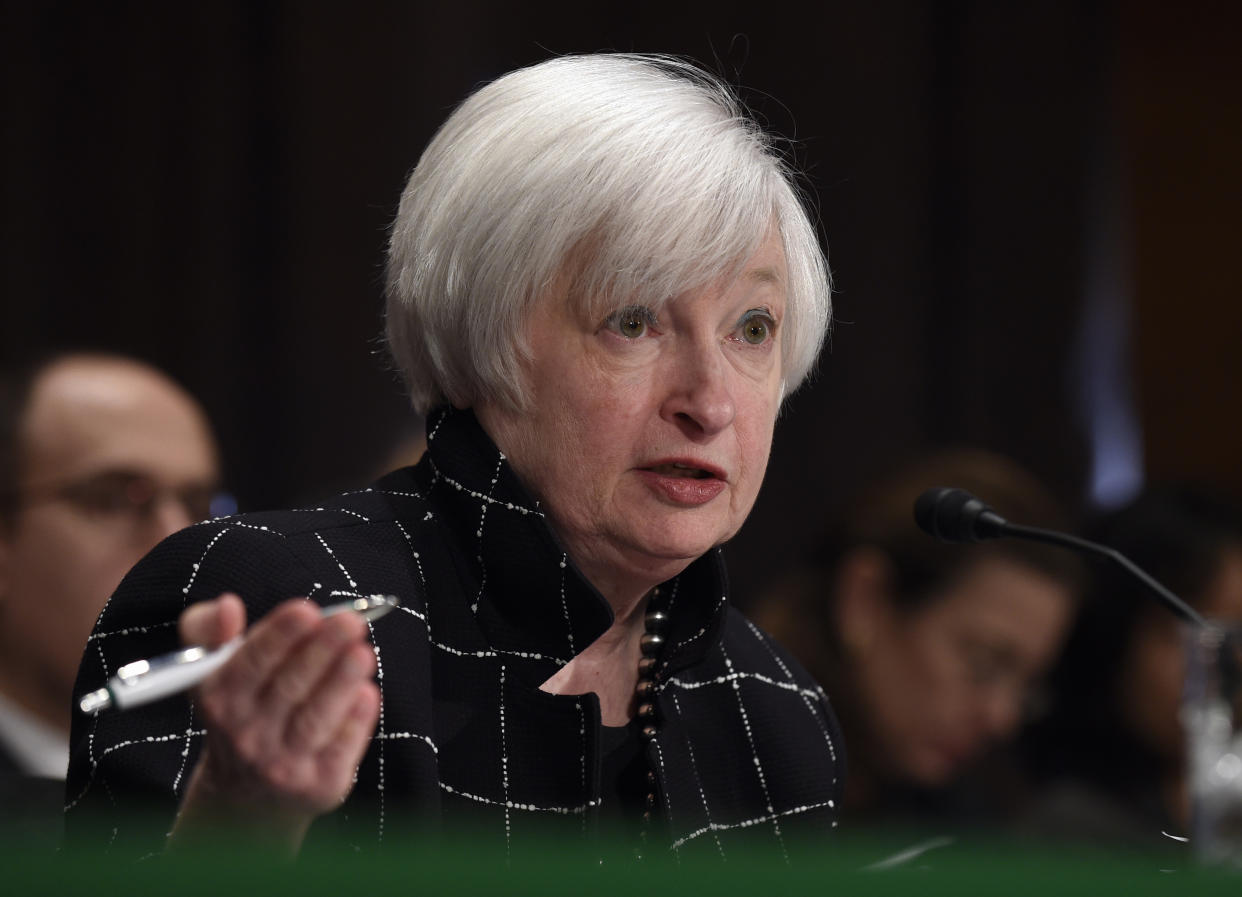Midterm elections: 3 things to watch as control of Congress hangs in the balance
As midterm election results from key states continue to roll in and Republican hopes of a red wave fizzle, it's looking like there will be more gridlock on Capitol Hill.
Although the balance of power in Congress is still undecided, Republicans are on the cusp of taking back the House of Representatives while the Senate remains up for grabs. That could mean more political standoffs going into next year, including around the national debt.
Here are three implications from the election results so far:

1. President Biden and the Democrats had a better night than expected.
Heading into the midterm elections, Democrats were bracing for a potential GOP tsunami. That didn't happen.
Republicans will likely take back control of the House of Representatives, but they'll do so with a much smaller margin than anticipated.
In the Senate, Republicans need to win seats in Nevada and Georgia — both still too close to call — in order to flip the upper chamber. The final determination may not be made until Dec. 6, as the Georgia race will head to a run-off election.
But whether Democrats or Republicans ultimately control the Senate, it won't result in a mandate for either party. That means more gridlock in Washington.
2. Florida moves to the right. Pennsylvania flips blue.
Florida Governor Ron DeSantis, a likely 2024 GOP presidential candidate, cruised to victory, as did Sen. Marco Rubio (R-FL).
The state, which was once a political battleground, now appears to lean solidly conservative.

In contrast, Senator-elect John Fetterman was able to flip Pennsylvania for the Democrats, defeating MAGA-backed Dr. Mehmet Oz. Trump's endorsement did not help Oz in Pennsylvania, a state Trump carried in 2016 but lost in 2020 to Biden. Although Fetterman and the Democrats had a strategy that worked in this cycle — portraying Oz as too fringe — Pennsylvania remains a key battleground in presidential cycles.
Trump world will point to MAGA-backed J.D. Vance's victory over moderate Democrat Tim Ryan in Ohio as evidence that they split. (Ohio has leaned more conservative in recent election cycles.)
3. Debt ceiling brinksmanship
Brinksmanship is not rare in this era of congressional gridlock, but given fears about a global recession next year, it makes this year's showdown over the debt ceiling significant.
Last December, lawmakers voted to raise the debt ceiling to $31.38 trillion, which the U.S. is expected to hit sometime in the first half of 2023. Congress must pass a government funding bill by Dec. 16 in order to avoid a partial government shutdown, which leaves the question: Will lawmakers address the debt ceiling in the lame duck period or will they address the debt ceiling next year? If it's the latter, there could be more volatility ahead.
The U.S. has never defaulted on its debt since Congress created the law back in 1917. Still, economists are worried that an unprecedented U.S. default would wreak havoc on the U.S. government bonds market. The consequences of that could be economically catastrophic, as illustrated by the disruption in the U.K. bond market last month.

“America should not be held hostage by members of Congress who think it’s all right to compromise the credit rating of the United States and to threaten default on U.S. Treasuries, which are the bedrock of global financial markets,” Treasury Secretary Janet Yellen told CNN last week.
Meanwhile, former President Trump has already signaled he is digging in on the issue — despite having brokered a deal to raise the debt ceiling during his administration.
“It’s crazy what’s happening with this debt ceiling," Trump said last week to conservative radio host Jonathan Fredericks. "Mitch McConnell keeps allowing it to happen. I mean, they ought to impeach Mitch McConnell if he allows [a debt ceiling increase].” (Members of Congress cannot be impeached.)
- Kevin Cirilli is a visiting media fellow at the Atlantic Council's Global China Hub and the Krach Institute for Tech Diplomacy at Purdue. Follow him on LinkedIn.
Click here for politics news related to business and money
Read the latest financial and business news from Yahoo Finance
Download the Yahoo Finance app for Apple or Android
Follow Yahoo Finance on Twitter, Facebook, Instagram, Flipboard, LinkedIn, and YouTube
